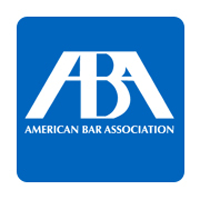ABA opposes federal medical-malpractice bill that caps pain-and-suffering damages

The ABA has sent a letter to the chairman of the House Judiciary Committee that opposes a medical-liability bill with caps on noneconomic damages.
The ABA letter (PDF) to House Judiciary Committee chairman Bob Goodlatte says states have had the authority to determine medical liability law for 200 years, and Congress should not substitute its judgment for the systems that have evolved over time.
The letter also opposes these provisions of the bill:
• A cap of $250,000 on noneconomic damages, such as pain and suffering. According to the letter, research shows that damages caps “diminish access to the courts for low-wage earners, like the elderly, children, and women; if economic damages are minor and noneconomic damages are capped, attorneys are less likely to represent these potential plaintiffs.” The letter notes that courts already have the power to reduce excessive verdicts through remittitur.
• A “fair share” rule under which each party is liable only for its share of the damages. At the state level, the ABA supports laws requiring defendants whose responsibility is substantially disproportionate to the entire loss to be liable for only their equitable share of the noneconomic loss. Therefore, the ABA opposes the fair-share provision “to the extent that it would pre-empt existing state laws and to the extent that it would apply a proportionate liability rule to all damages, not just the plaintiff’s noneconomic damages,” the letter says.
• A provision that empowers judges to reduce contingent fees paid from a plaintiff’s damage award to an attorney, redirect damages to the plaintiff, and further reduce contingent fees in cases involving minors and incompetent persons. ABA policy says no justification exists for special restrictions on contingent fees in medical malpractice cases.
The bill is called the Help Efficient, Accessible, Low-cost, Timely Healthcare (HEALTH) Act of 2016.



